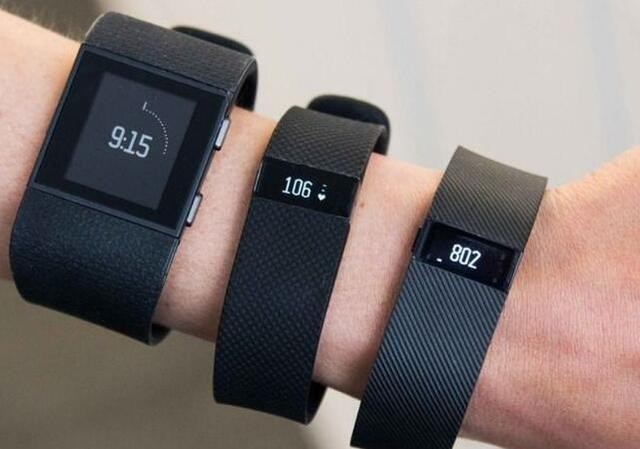Researchers at California State University of Technology released a report saying that after the popular heart rate tracking function of wearable device maker Fitbit was “seriously inaccurateâ€, law firm Lieff Cabraser had brought Fitbit to court and sought to list the case as a group. Litigation.
Researchers at California State University of Technology tested 43 healthy adults using Fitbit's Surge smart watch and PurePulse heart rate monitoring on the Charge HR smart bracelet. Subjects were simultaneously connected to a BioHarness portable physiological signal measurement system capable of producing an electrocardiogram to record the user's heart rate data for comparison with data acquired by the Fitbit device.
By comparing the user's resting state and heart rate data during exercise, the researchers found that when users are engaged in labor-intensive work, Fitbit's devices misjudge the user's heartbeat data, increasing the average number of times per minute by 20 times. The report concludes that "PurePulse heart rate monitoring does not accurately measure the user's heart rate, especially when the user is performing high-intensity training. Therefore, Fitbit's devices cannot be used to provide meaningful user heart rate measurements."
The study was commissioned by law firm Lieff Cabraser. The law firm has filed a lawsuit against Fitbit, targeting three devices that use PurePulse heart rate monitoring -- Fitbit Blaze, Fitbit Charge HR and Fitbit Surge.

Fitbit said in a statement, "The plaintiff's lawyer's so-called research is biased and unfounded. This report lacks scientific rigor and is the product of a flawed approach." Fitbit also pointed out that the plaintiff used the test. It is a consumer-grade ECG, not a real clinical device. Furthermore, there is no evidence that equipment used for so-called "research" has been tested for accuracy. "
The statement also stated that "the Fitbit R&D team has been developing the technology for three years before the PurePulse technology is introduced to the market. Fitbit will continue to conduct extensive internal research to test the functionality of our products."
An independent survey released by Ball State University and WTHR in Indiana in February this year showed that the Fitbit Charge HR calculation of user heart rate data is not accurate, with an average false positive rate of 14%. According to the report, it is very dangerous to falsely report a heart rate of 20 or 30 beats per minute - especially for those with heart disease.
Fitbit has said that the company's equipment is used to provide users with meaningful data to help them achieve health and slimming goals. Fitbit's devices are not scientific or medical devices .
Household Cleaner,Grease Cleaner Kitchen,Household Carpet Cleaner,Cleaning Spray
Wuxi Keni Daily Cosmetics Co.,Ltd , https://www.kenicosmetics.com
